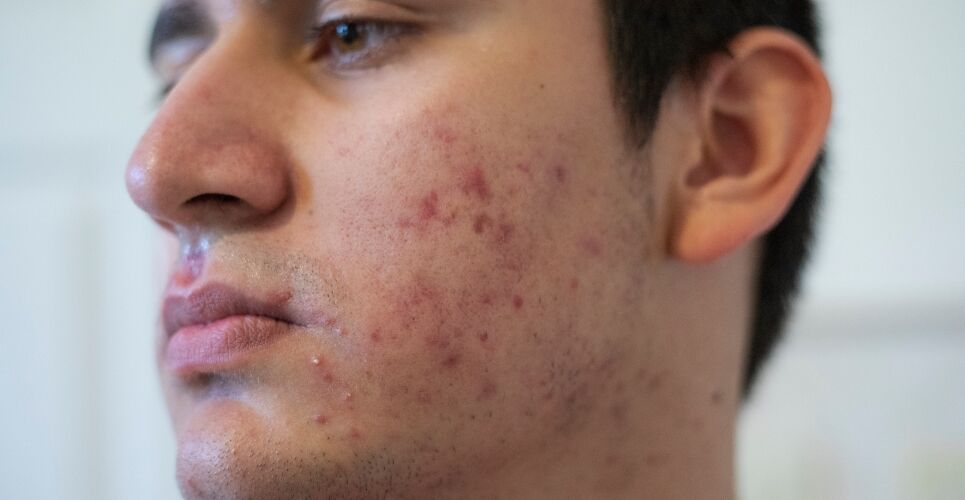A network meta-analysis of 221 randomised controlled trials with over 65,000 patients, has confirmed that oral isotretinoin is the most effective acne treatment.
Acne is extremely common, affecting virtually everyone between the ages of 15 and 17 years to some extent, but is moderate to severe in up to 20% of cases. Acne can be managed with broad range of topical and oral agents including antibiotics and even aldosterone receptor antagonists such as spironolactone.
Now, in the largest network meta-analysis into pharmacological interventions in acne vulgaris to date, published in the Annals of Family Medicine, researchers from Taiwan and the US concluded that oral isotretinoin is the most effective treatment.
The team sought to provide broad and detailed comparative efficacy data for a range of pharmacological interventions in acne to reduce both inflammatory and noninflammatory lesions. The primary outcome of interest was the mean percentage reduction in total, inflammatory, and noninflammatory lesions, and the mean absolute reduction in lesion counts were secondary outcomes.
Oral isotretinoin and reduction in lesion count
The analysis included a total of 210 articles describing 221 trials, which enrolled a total of 65,601 patients. Across all of the trials, the mean age of patients was 20 years and the median duration of treatment was 12 weeks. In addition, the median baseline lesion counts were 71.5 for the total lesions, 27 for inflammatory lesions and 44 for noninflammatory lesions.
The comprehensive analysis compared 37 treatment nodes, which included six oral antibiotics, five topical antibiotics, oral isotretinoin, five topical retinoids, six combined oral contraceptives, topical clascoterone, 10 combination therapies, benzoyl peroxide (BPO), azelaic acid and placebo.
The most effective treatment, compared to placebo, was oral isotretinoin (mean difference, MD = 48.41, p = 1.0). The second most effective option was triple therapy containing a topical antibiotic, a topical retinoid and BPO (MD = 38.15, p = 0.95). This was followed closely by triple therapy with an oral antibiotic, a topical retinoid and BPO (MD = 34.83, p = 0.90).
The researchers also found a similar ranking of treatment efficacy in the analysis of absolute reduction in total lesion count.
When examining mono-therapies, both oral and topical antibiotics had comparable efficacy to topical retinoids for inflammatory lesions. In contrast, oral or topical antibiotic therapy was far less effective for noninflammatory lesions and the researchers advised against monotherapy due to the risk of developing bacterial resistance.
Another comparison revealed how the combination of a topical retinoid and BPO was as effective as a combination of an oral antibiotic with a topical retinoid at reducing inflammatory lesion counts.
